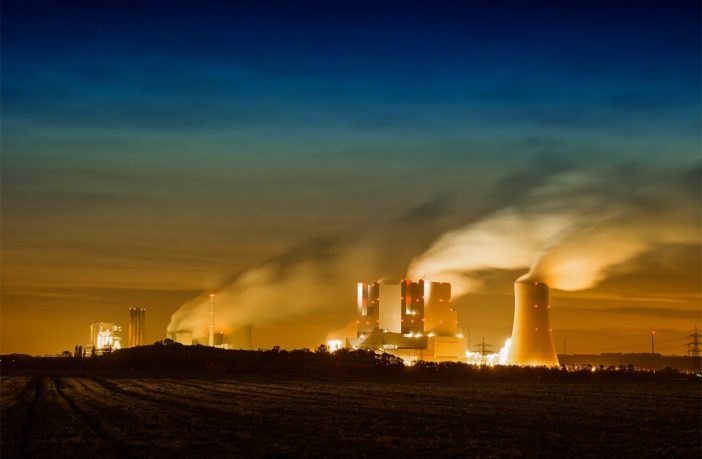- The Mabola Protected Environment was declared under the Protected Areas Act in 2014.
- Former Mineral Resources Minister Zwane and the late Environmental Affairs Minister Molewa granted a permit in 2016 for the new coal mine to be developed – without due consultation.
- The Court set aside the permission for the 15 year coal mine concession today and referred the decision back to the two Ministries for reconsideration.
Today, the North Gauteng High Court set aside the 2016 decisions of former Mineral Resources Minister Zwane and the late Environmental Affairs Minister Molewa to permit a new coal mine to be developed in the Mabola Protected Environment near Wakkerstroom, Mpumalanga.
The case was brought by the coalition of eight civil society organisations challenging a range of authorisations that have permitted an underground coal mine in a strategic water source area and a protected area.
The Mabola Protected Environment was declared under the Protected Areas Act in 2014 by the Mpumalanga provincial government as part of the declaration of more than 70 000 hectares of protected area in the Mpumalanga grasslands.
This followed years of extensive research and planning by a number of government agencies, including the Department of Environmental Affairs, the South African National Biodiversity Institute and the Mpumalanga Tourism & Parks Agency.
In 2016, without public consultation and without notice to the coalition, the two Ministers gave their permission for a large, 15-year coal mine to be built inside the Mabola Protected Environment.
The Court set aside the permission and referred the decision back to the two Ministers for reconsideration on the basis that the Ministers did not take their decisions in an open and transparent manner or in a manner that promoted public participation, and that the decisions were therefore procedurally unfair.
The court criticised the Ministers for relying on the processes followed by other decision-makers instead of exercising their discretion under the Protected Areas Act independently, referring particularly to their failure to apply a cautionary approach when dealing with “sensitive, vulnerable, highly dynamic or stressed ecosystems” as “an impermissible abdication of decision-making authority”.
The court also held that: “A failure to take South Africa’s international responsibilities relation to the environment into account and a failure to take into account that the use and exploitation of non-renewable natural resources must take place in a responsible and equitable manner would not satisfy the ‘higher level of scrutiny’ necessary when considering whether mining activities should be permitted in a protected environment or not. Such failures would constitute a failure by the state of its duties as trustees of vulnerable environment, particularly where it has been stated that ‘most people would agree, when thinking of the tomorrows of unborn people that is it a present moral duty to avoid causing harm to the environment” .
Author: Bryan Groenendaal
Source: Endangered Wildlife Trust















